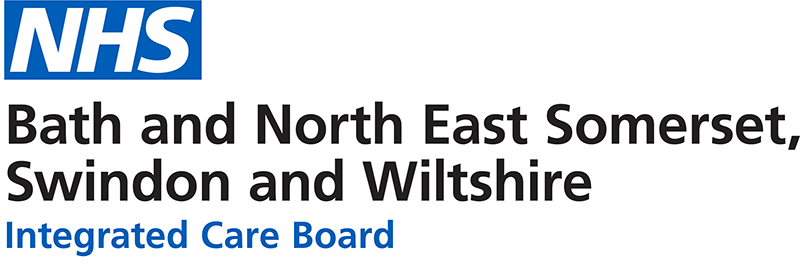Continuing healthcare (CHC) is a package of care that is arranged and funded by the NHS.
It may be provided to an individual aged 18 or over to meet their needs following disability, accident or illness. Care may be given in an individual’s own home, residential or nursing home, or another specialist care setting.
Eligibility depends on an individual’s assessed needs, not on any particular diagnosis or condition, so if your needs change, your eligibility for CHC may also change.
A team of healthcare professionals will assess if an individual has a ‘primary health need’ by looking at all of their care needs including the intensity, complexity and unpredictability. The individual being assessed will be involved in the process and their views will be taken into account. Where appropriate, carers and/or family members may also be consulted.
Eligibility for CHC and how we work locally is guided by the National Framework for CHC and FNC October 2022 (pdf, 2.2MB)
Contact the CHC team for your area
Who are these services for?
CHC services are for people who, because of a primary health need, are eligible for NHS CHC. This includes all adults 18 and over who may have complex physical disabilities, learning disabilities and/or complex emotional and psychological needs.
CHC is not based on a particular diagnosis but on the needs which arise from a diagnosis. To determine a person’s needs a comprehensive health needs assessment is completed by multi-disciplinary health and social care professionals, using the national tools set out by the Department of Health.
Tools used in a CHC assessment:
- CHC Checklist (OpenDocument format, 107KB)
- Decision Support Tool (OpenDocument format, 167KB)
- CHC fast-track pathway (OpenDocument format, 99KB)
Fast-track funding
In certain situations, a clinician may decide a person should be fast-tracked for CHC. During fast-tracking, a person avoids the full assessment process. A person may receive fast-tracked CHC if:
- they have a rapidly deteriorating condition that may be terminal
- their needs to be urgently met, for example to provide appropriate end of life support in their own home or care setting
NHS-funded Nursing Care
If your are not eligible for CHC, but are assessed as requiring nursing care in a care home, your may be eligible for NHS-funded nursing care (pdf, 2.2MB). This means that the NHS will pay a contribution towards the cost of your registered nursing care.
Personal Health Budgets
From April 2014 anyone eligible for CHC wanting to have their care provided outside of a care home setting, will be able to receive the money they need to pay for their services as a Personal Health Budget (PHB), in the form of a Direct Payment.
This will give people a greater choice over how, when and who provides their care and support. A PHB can be discussed in detail with the Nurse Assessor responsible for your assessment.
Integrated Personalised Commissioning
The ICB is committed to the NHS Five Year Forward View, which sets out a vision for the future that includes greater control for patients and communities over their own health and care services.
Key to supporting the visions set out in the Five Year Forward View is the development of Integrated Personalised Commissioning (IPC). IPC is a new approach to joining up health, social care and other services, which builds on lessons learned from personal budgets in social care and PHBs.
Social care teams are working together to develop what will be offered to the local population by way of IPC and PHBs. Updates and further information will soon be published here.
Children's Continuing Care
You can download BSW ICB Children's Continuing Care Policy (pdf, 694KB) and the BSW ICB Guidance for supporting educational and community settings to meet the needs of children and young people with medical conditions (docx, 1.41MB)
Refreshed Redress Guidance
On 1st April 2015, NHS England published the refreshed NHS Continuing Healthcare – Redress Guidance.
This guidance is to be used by the ICB when considering NHS Continuing Healthcare redress payments for individuals. The document has been updated to reflect the ‘Principles for Remedy’ from the Parliamentary and Health Service Ombudsman (PHSO) for all public bodies. The guidance retains the principle of returning the individual to the financial position they would have been in had they been assessed as eligible and the need for redress identified.
ICB Patient Advice and Liaison Service (PALS) and Complaints Service
You can ask for advice, information or talk to us about a concern or complaint. PALS and complaints will work with you to try to resolve a difficulty or problem. We can discuss with you the best ways to resolve your concerns or problems and will agree with you what action to take for your individual circumstances. We can also signpost to other sources of help if needed. Your personal details remain confidential, unless you provide consent for us to share them. Information from PALS and complaints is also used anonymously to help improve services.
If you have received particularly good service from any health service provider or you have any comments or suggestions to make, please let us know. This information will help us to keep improving our services.
For enquiries, compliments concerns, complaints or general feedback you can contact our PALS service.
